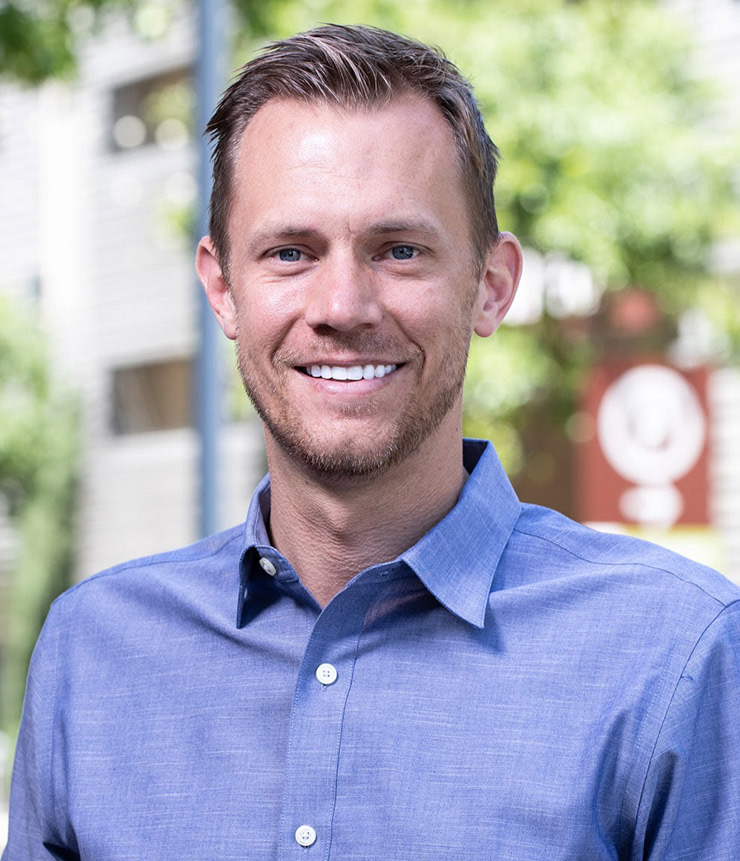Table of Contents
As the unemployment rate rises past 10% due to COVID-19, the anxiety of students graduating in the class of 2020 is rising as well. Economists are predicting unemployment could rise as high as 20% in the months to come. For graduating students, the realization that adulthood — with all of its responsibilities — is fast approaching can be a trigger for mental health issues. Many students have recently been let go from their jobs, had summer internships cancelled and have put grad school plans on hold. A recent survey found that “38% of all college students who said they had secured an internship or post-graduate work now say those opportunities have been canceled, while 37% of the same group say those plans have been delayed or made remote.”
Due to increased uncertainty, the feeling of nervousness about the future is a normal reaction for young adults today. “The uncertainty in our world today is contributing to students having a lack of confidence as they interview for positions,” said Dr. Jan Hall, executive director of mental health at TimelyCare. “With video and phone interviews taking the place of face-to-face interviews for the time being, students need to practice and, in some cases, relearn their interview skills to build up confidence.”
To deal with the uncertainty of what happens after you walk across that virtual stage to receive your diploma, Psycom recommends the following:
1. Take a deep breath and think about everything you’ve just accomplished.
Before you start worrying about where you want to be in five years, focus on the fact that you’ve just graduated from college – a major accomplishment in itself.
2. Stop comparing yourself to others.
Success looks different for every person. If your moment to shine doesn’t happen immediately after graduation, be patient and wait for the right opportunity to come along.
3. Embrace the complex situation of the world.
Life for most people right now is complex. If you get rejected by an employer, acknowledge that both you and the employer are dealing with a complex situation. Take care of yourself when things seem difficult, and recognize that life doesn’t always go in a straight line.
4. Develop a new game plan.
Since in-person interviews are not happening, you need a new game plan. Right now, the trend is toward video and phone interviews. A benefit of this is that you can write notes, and keep them in front of you during the interview for reference. So, be prepared.
5. Focus on what’s reasonable in your reactions.
Not receiving an offer of employment may cause anxiety. But remember, the feeling you’re experiencing is not unreasonable. Under normal circumstances, a job search is stressful.
6. Get feedback on interview skills and resume.
Many recruiters and human resources professionals are offering assistance to job seekers for free. Reach out to someone that is willing to do a mock interview with you via an online platform. LinkedIn is a great resource to connect with other professionals in numerous industries.
7. Trust the journey.
There will be many highs and lows following graduation. Believe in yourself, and have faith that everything will be OK in the end. When you stop worrying about how everything “should” be, you’ll see more opportunities to create the life you’ve always dreamed of living.
Empathy for ourselves and others will be a critical part of our collective healing and eventual triumph after COVID-19. It is understandable that students are feeling anxious and unsure about the future. However, stay the course. Don’t give up. Reach out to academic advisors for assistance. And if your stress and anxiety is becoming too much to handle on your own, recognize when it’s time to seek mental health support. You’re not alone in this!
TimelyCare is focused on supporting the health and well-being of colleges and universities, and that includes both the physical and mental health of students. You can learn more about our commitment to transforming healthcare in higher education here.






